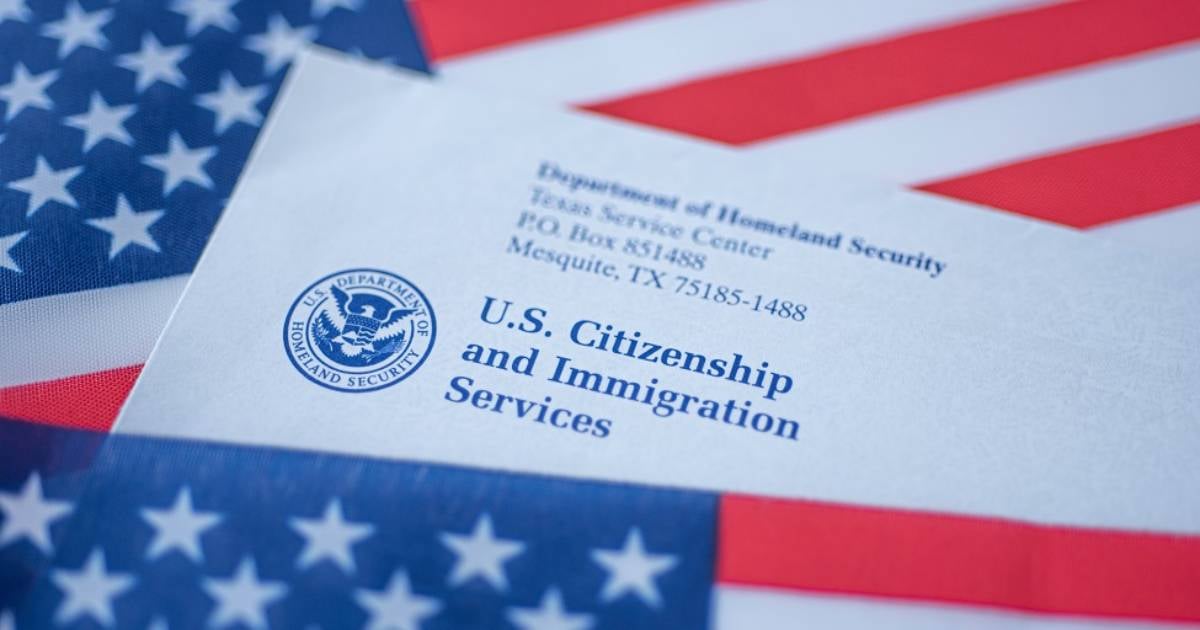The Biden administration's decision not to renew the humanitarian parole program for immigrants from Venezuela, Nicaragua, Cuba, and Haiti has cast doubt over the future of thousands who relied on this temporary protection. Without it, these immigrants are at risk of losing their legal status in the United States and may face deportation. Immigration experts are advising those affected to seek specialized legal counsel to explore available options.
Immigration attorney Raed González, speaking to Univisión Miami, emphasized the urgency for those impacted to act swiftly to remain within the legal framework, as the parole is valid for just two years and many cases will soon surpass this period.
Urgency for Legal Action
Venezuelans and Haitians may apply for Temporary Protected Status (TPS), while Nicaraguans can seek asylum. Cubans who entered the U.S. under humanitarian parole can utilize the Cuban Adjustment Act, which offers a pathway to permanent residency.
Biden Administration's Unexpected Move
In September 2024, President Joe Biden's administration announced there would be no extension of the stay permit under the humanitarian parole program, originally granted to immigrants escaping severe political and economic crises. This program allowed recipients to live temporarily in the U.S. while seeking a permanent legal status. However, following numerous fraud scandals, the administration decided to halt the program's extension.
González pointed out, "The humanitarian parole program isn't canceled; it still exists. Today, I can sponsor a Venezuelan to come, but only for two years." This decision leaves thousands in limbo, uncertain about how to regularize their status or avoid deportation.
Trump's Plan to End Humanitarian Parole
Former President Donald Trump has expressed a desire to completely dismantle the humanitarian parole program if he wins the next presidential election. In September, Trump declared that, if re-elected, he would terminate all temporary protections for immigrants, including both parole and TPS. This stance has heightened anxiety among those reliant on these programs for legal residence in the U.S.
Exploring Legal Avenues and the Need for Prompt Action
Venezuelans and Haitians still have the option to apply for TPS, which allows them to stay and work in the U.S. while their home countries remain unsafe for return. Nicaraguans can pursue political asylum to avoid persecution upon returning home. Cubans, having legally entered with parole, can take advantage of the Cuban Adjustment Act to gain permanent residency after one year and a day of U.S. residency.
González urged affected immigrants not to succumb to despair but to engage specialized attorneys who can guide them through the legal process. It is crucial for those with humanitarian parole in the U.S. to secure competent legal representation prepared to advocate for them in court if required.
Furthermore, individuals should prepare all necessary documentation to apply and seek relief under the Cuban Adjustment Act when the appropriate time comes. They should avoid relying on social media advice, acquaintances' recommendations, or attempting self-representation to save money, as their stay in the U.S. and the risk of deportation are at stake.
Professional guidance is essential, as immigration cases demand careful monitoring and, in some instances, defense in court with all available legal resources.
